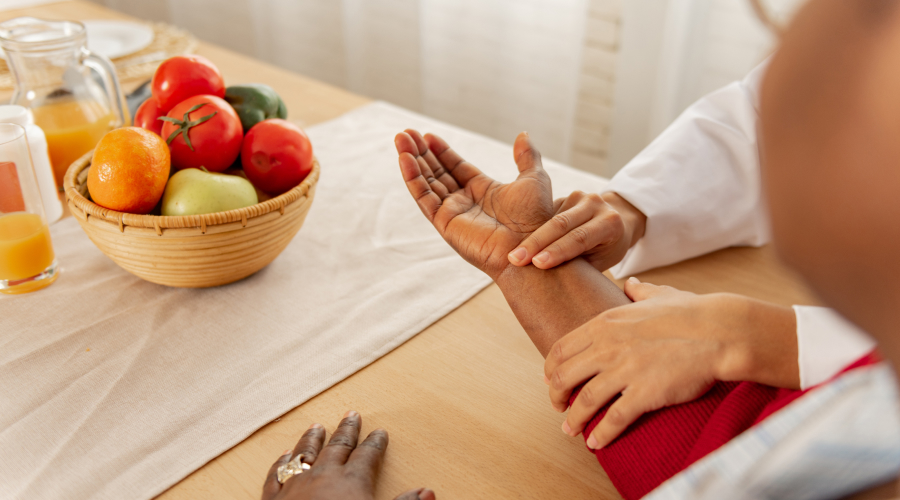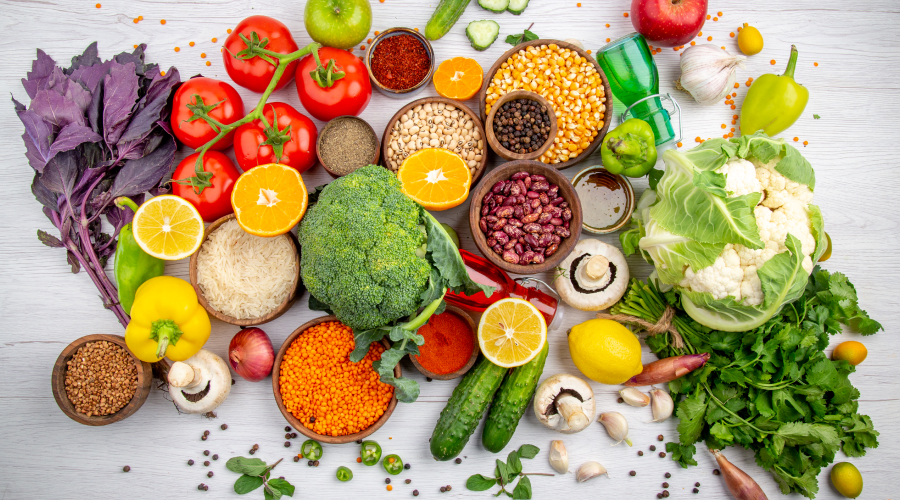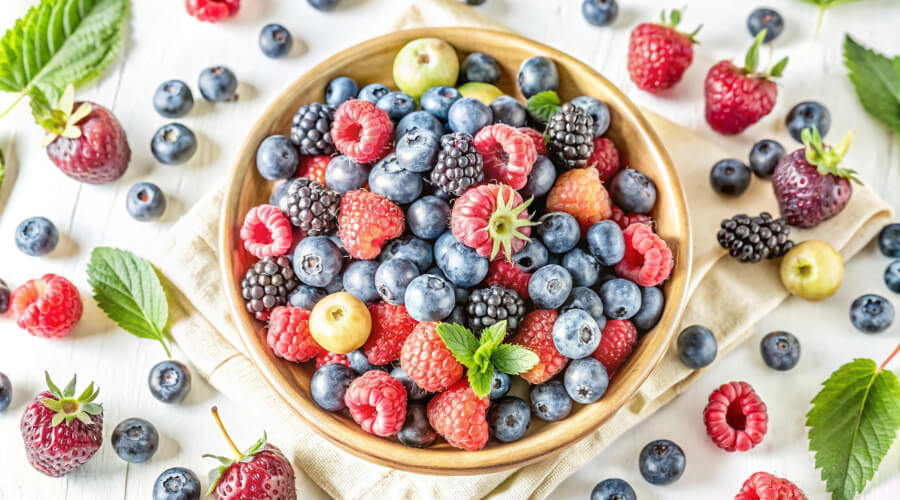Diet & Nutrition for Healthy Veins

India diet in varicose veins
A comprehensive understanding of the dietary considerations for managing varicose veins is crucial for individuals affected by this condition. Varicose veins arise from weakened venous valves and can lead to discomfort and complications. A well-structured diet can play a significant role in alleviating symptoms and improving vascular health.
Dietary Considerations for Varicose Veins
Nutritional Components
- Fiber: High-fiber foods help prevent constipation, which can exacerbate venous pressure. Foods rich in fiber include whole grains, fruits, and vegetables.
- Flavonoids: These compounds, found in fruits like berries, grapes, and citrus, have anti-inflammatory properties that can improve blood circulation and reduce swelling.
- Vitamins C and E: Both vitamins are antioxidants that support vascular health. Citrus fruits, nuts, and leafy greens are excellent sources.
- Omega-3 Fatty Acids: Found in fatty fish (like salmon) and flaxseeds, omega-3s can help reduce inflammation and improve blood flow.
- Potassium: This mineral helps regulate fluid balance in the body. Foods high in potassium include bananas, avocados, and sweet potatoes.
Foods to Avoid

- Processed Foods: High in sodium and unhealthy fats, these can increase inflammation and contribute to water retention.
- Sugary Snacks: Excess sugar can lead to weight gain and increased pressure on veins.
- Fried Foods: These are often high in trans fats which can negatively impact vascular health.
- Excessive Salt: High sodium intake can cause fluid retention, worsening symptoms of varicose veins.
- Refined Carbohydrates: Foods like white bread and pastries can lead to weight gain and should be limited.
Table of Do's and Don'ts for Diet
| Do's | Don'ts |
|---|---|
| Include high-fiber foods (whole grains, fruits, vegetables) | Avoid processed foods (high in sodium) |
| Consume flavonoid-rich fruits (berries, citrus) | Limit sugary snacks |
| Eat omega-3 fatty acids (fatty fish, flaxseeds) | Avoid fried foods |
| Incorporate potassium-rich foods (bananas, avocados) | Reduce excessive salt intake |
| Stay hydrated with plenty of water | Limit refined carbohydrates |
✅ Do:
Include high-fiber foods (whole grains, fruits, vegetables)
❌ Don't:
Avoid processed foods (high in sodium)
✅ Do:
Consume flavonoid-rich fruits (berries, citrus)
❌ Don't:
Limit sugary snacks
✅ Do:
Eat omega-3 fatty acids (fatty fish, flaxseeds)
❌ Don't:
Avoid fried foods
✅ Do:
Incorporate potassium-rich foods (bananas, avocados)
❌ Don't:
Reduce excessive salt intake
✅ Do:
Stay hydrated with plenty of water
❌ Don't:
Limit refined carbohydrates
Lifestyle Recommendations
In addition to dietary changes, lifestyle modifications such as regular exercise, maintaining a healthy weight, elevating the legs when resting, and avoiding prolonged periods of standing or sitting can significantly enhance the effectiveness of dietary interventions for varicose veins

Conclusion
Managing varicose veins through diet involves a holistic approach that incorporates nutrient-rich foods while avoiding those that contribute to inflammation and fluid retention. By adhering to these dietary guidelines, individuals can improve their vascular health and alleviate the symptoms associated with varicose veins. Further research into specific dietary patterns may provide deeper insights into effective management strategies
